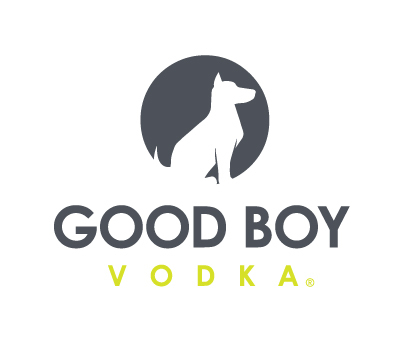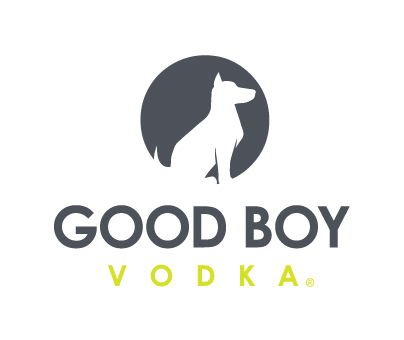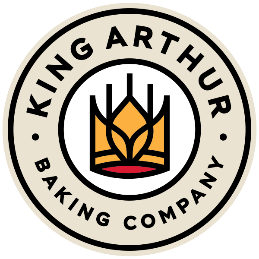Out of Time, VMG Calls Off SPAC

Over two years after it was announced, investment firm VMG is calling off its Special Purpose Acquisition Company (SPAC), VMG Consumer Acquisition Corp, citing market conditions.
Last week the blank check company announced the cancellation of a special meeting of shareholders on May 5 because the company “will not consummate an initial business combination within the time period required.” VMG Acquisition Corp had previously called for the May meeting in order to extend the SPAC’s window to November 15, 2023. Under Securities and Exchange Commission (SEC) guidelines, SPACs have 18 to 24 months to identify a target company to merge with before being required to return their shareholders’ investments.
At the close of business on May 15, the shares will be deemed canceled at a per-share-redemption price of roughly $10.40 with redemption of the shares completed no later than the close of business on May 26.
In its initial filing with the SEC in October 2021, VMG Consumer Acquisition Company said it would seek to acquire an omnichannel challenger brand that had a sustainability or mission-based bent and which could help consumers make healthier choices. Taking such a company public, it said, could offer shareholders the opportunity to challenge stale incumbents.
“From 2016 to 2020, leading brands in each consumer goods category have generated only 25% of the total category growth despite representing 50% of sales. During the same period, small/medium size brands have generated 45% of the category growth while representing only 32% of sales,” the filing noted. “Of the CPG industry’s $933 billion of total US sales in 2020, large manufacturers lost $12 billion in sales to smaller players due to a confluence of channel shifts, supply constraints and category shifts.”
When reached by email, CEO Aarti Kapoor said the company’s choice to not move forward mirrors those faced by other SPACs, including market conditions, increasing SEC regulations surrounding the vehicle, and the general readiness of companies within their target category to undertake an IPO.
With the blank check company shuttering, Kapoor transitioned in January to a partner in the company’s consumer fund. In this role she will lead the firm’s investments into pet products and services as well as restaurants. To-date, VMG has invested in pet companies including Maev, Solid Gold, Waggon Train and Natural Balance. Its consumer fund’s portfolio does not yet contain restaurants themselves, though its tech-focused fund Catalyst has invested in software used by restaurants.
While several companies (Above Foods and Stryve,) have gone public via a SPAC, many of the blank check companies started by CPG-focused investors during the SPAC boom of 2020-2021 have not. HumanCo & CAVU’s HumanCo Acquisition Corp and AF’s AF Acquisition Corp have both liquidated their respective shares, while Siddhi Capital’s Siddhi Acquisition Corp withdrew its own draft registration statement for an IPO before being listed on the public markets.
According to global law firm White and Case, in 2022 there were 86 SPAC listings on the US exchanges, for a total of $13.4 billion in capital, down from 613 listings and $162.6 billion in 2021. In addition, the firm found the number of SPACs that liquidated more than doubled in each quarter of 2022, returning roughly $24 billion to investors in 2022.
Other publications and industry members have also pointed to a downward trend. In a 2022 story by the New York Times, the paper declared “Wall Street’s love affair with SPACs is sputtering,” noting that over the last two years $250 billion had been put into SPACs.
Investor interest in the vehicle has waned for a number of reasons, including increased scrutiny by the SEC, which has proposed various new regulations governing the process, including updating the required information needed to file with the SEC as well as new rules surrounding proposed targets. Directors of SPACs have also faced civil litigation filed by their shareholders. While investors once saw SPACs as an easier and faster way to go public than a traditional IPO, that has now changed.
“Last year was one of the best years in terms of SPACs,” Gary Stein, a former investment bank analyst and entertainment industry consultant, told The Times. “This year is probably one of the more difficult ones for me to navigate.”
















